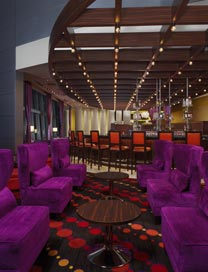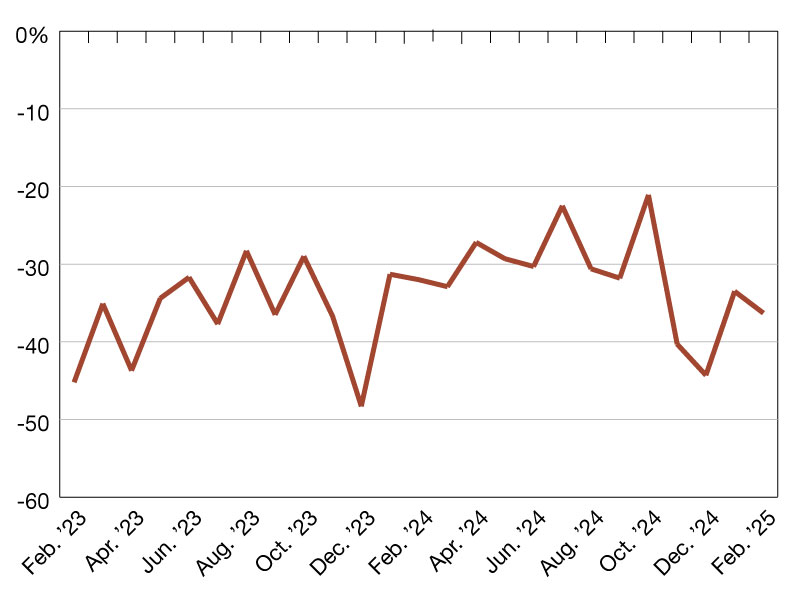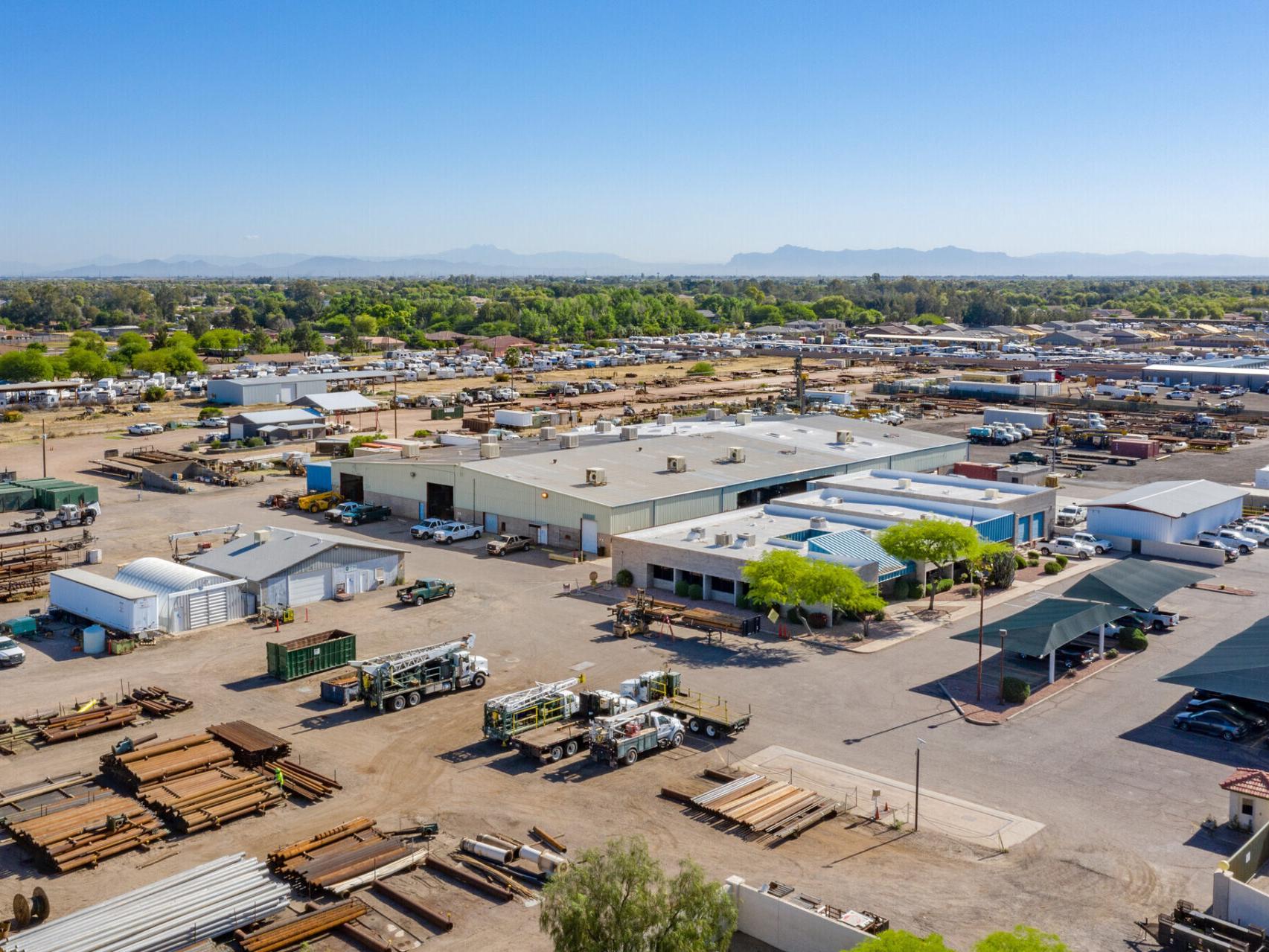Detroit’s Beleaguered Greektown Casino Emerges from Bankruptcy a Half-Billion Dollars Lighter
Greektown Holdings and its subsidiaries have emerged from bankruptcy protection just over two years after having filed for Chapter 11 protection.
By Barbra Murray
 It’s a new day for Detroit, Michigan’s Greektown Casino-Hotel. Greektown Holdings L.L.C. and its subsidiaries have emerged from bankruptcy protection just over two years after having filed for Chapter 11 protection. The company’s Chapter 11 plan of reorganization became official July 6 and with bankruptcy in its past, Greektown is now free of approximately $500 million in debt.
It’s a new day for Detroit, Michigan’s Greektown Casino-Hotel. Greektown Holdings L.L.C. and its subsidiaries have emerged from bankruptcy protection just over two years after having filed for Chapter 11 protection. The company’s Chapter 11 plan of reorganization became official July 6 and with bankruptcy in its past, Greektown is now free of approximately $500 million in debt.
Carrying the address of 555 E. LaFayette Blvd., Greektown first opened its doors in 2000. In 2006, owners initiated a comprehensive renovation and expansion program that reached completion in February 2009 at a cost of $336.3 million. The expansion added a 400-room hotel; 25,000 square feet of casino space, leaving the property with an aggregate 100,000 square feet of casino space; a parking facility to accommodate 2,950 vehicles; an, 8,000-square-foot spa and fitness center; 67,000 square feet of meeting space; and four restaurants.
As part of the plan of reorganization, Greektown Superholdings Inc., incorporated in March 2010, and its wholly-owned subsidiary Greektown Newco Sub Inc., now own 100 percent of the issued and outstanding membership interests of Greektown Holdings. The reorganization process put Greektown Superholdings, by way of its ownership interests in various subsidiaries, in the position of owner and operator of Greektown Casino. The casino’s exit from bankruptcy was facilitated through the issuance of approximately $385 million of New Senior Secured Notes, with Goldman Sachs & co. having agreed to purchase approximately $280.2 million of Series A Senior Secured Notes and about $104.8 million of Series B Senior Secured Notes.
Greektown is one of three casinos in Detroit. MGM Grand Detroit, MotorCity Casino Hotel and Greektown are all within a few miles of each other, so there’s competition for Greektown, but the casino has been holding its own since recent changes made under the reorganization plan. “Greektown has been seizing market share in Detroit for the last four or five months,” Eric T. Bush, Administrative Manager with the Michigan Gaming Control Board, told CPE. “They have connected with their market–it has its own flavor–and with the new management team and new strategy, it’s doing better than ever.”
Detroit’s three casino properties are all faring relatively well, as many other gaming markets across the country struggle to recover from the economic crisis. According to MGCB statistics, the total revenue and taxes for all three Detroit casinos experienced a year-over-year decrease of less than 1 percent in May. “I don’t think you can depict the Detroit market as anything but stable,” he said.
And the situation is much the same for gaming markets across Michigan. “They’ve been fairly steady for the last few years because they had already been suffering from high-unemployment and many other economic issues,” Bush added. “Other states are just now feeling what Michigan has been feeling for years. We have faced the economic downturn and our economic status has been the same for the last several years, so the country’s downturn hasn’t really affected receipts for our casinos.”







You must be logged in to post a comment.